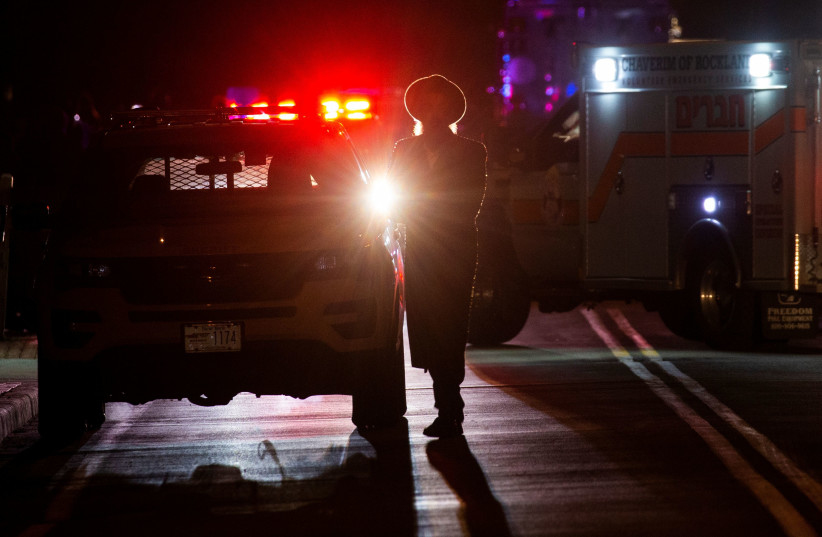More than 90% of Jews in the United States – which is the biggest Jewish population hub in the world outside of Israel – are concerned about the current state of antisemitism in America, while 42% of Jews have faced antisemitism directly or through family and friends in the last five years alone, a new Ruderman Family Foundation survey found.
According to the survey, almost all American Jews (94%) say they have recognized at least some antisemitism in the US over the past five years, while 75% believe that there is more antisemitism today in the US than there was five years ago. Though famously diverse in their beliefs and culture, 82% of American Jewish respondents said they believed that what happens to American Jewry affects them personally and accept a shared fate.
A third of Jews between the ages of 18 and 39 say they have personally experienced antisemitism, while 60% say they know a family or friend who has. Jews over 60 years old were more likely to have seen “a lot” of antisemitism (62%) than younger Jews (47%).
The survey, conducted in two parts, examined 2,500 Jewish American adults in December 2019 and 1,000 more from October–November 2021 – just months before the recent Colleyville synagogue attack.
“Our survey reinforces the urgent need for American leadership to formulate new strategies to confront the surge of antisemitism and increasing hate crimes against the Jewish community,” said Jay Ruderman, president of the Ruderman Family Foundation. “Antisemitism is a threat to American society as a whole and only in tackling this issue as one unified nation will it ever be truly addressed.”

Other topics pertaining to American Jewry were asked about in the survey. Respondents believed that US political parties remain supportive of Israel, with 69% saying this was the case for the Democratic Party and 71% for the Republican Party.
They were a bit more split on the topic of Israel, however, with 34% saying that the relationship between American Jews and Israel has deteriorated in the last two years as a result of political tensions or alleged human rights abuses. Interestingly, however, 41% of respondents were unaware that Israel’s Arab citizens have voting rights, with 27% incorrectly asserting that Arab citizens cannot vote and 14% saying they were not sure.
Knowledge about Israel was surveyed as well, with 59% correctly identifying Naftali Bennett as Israel’s prime minister – though 16% said that former premier Benjamin Netanyahu still holds the position and 20% didn't remember.
